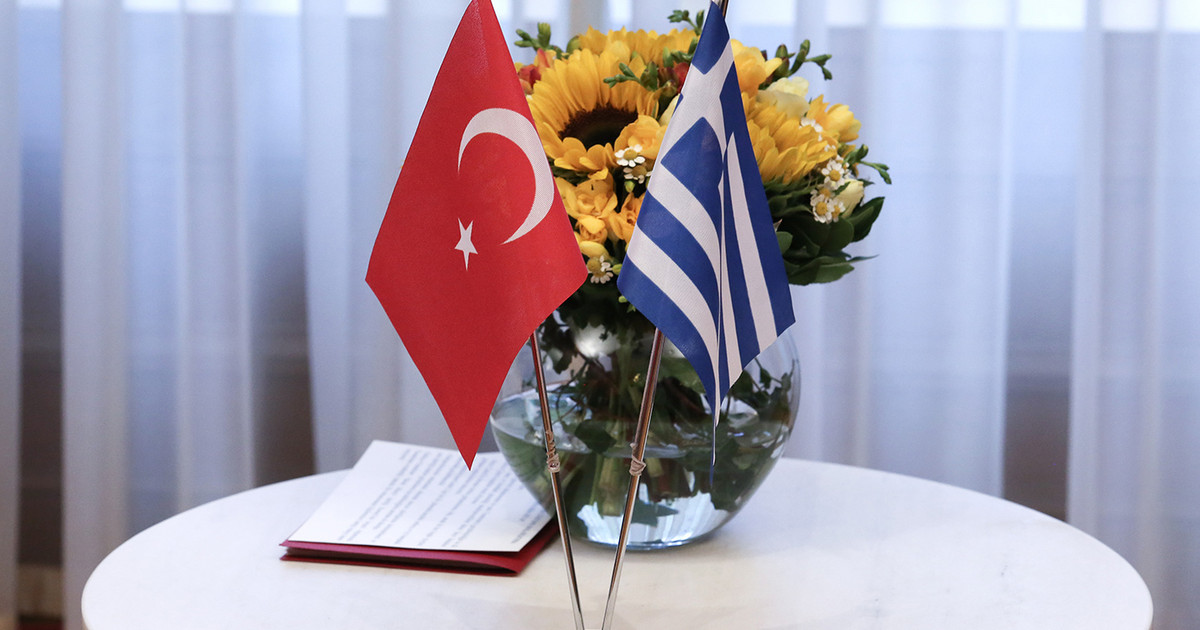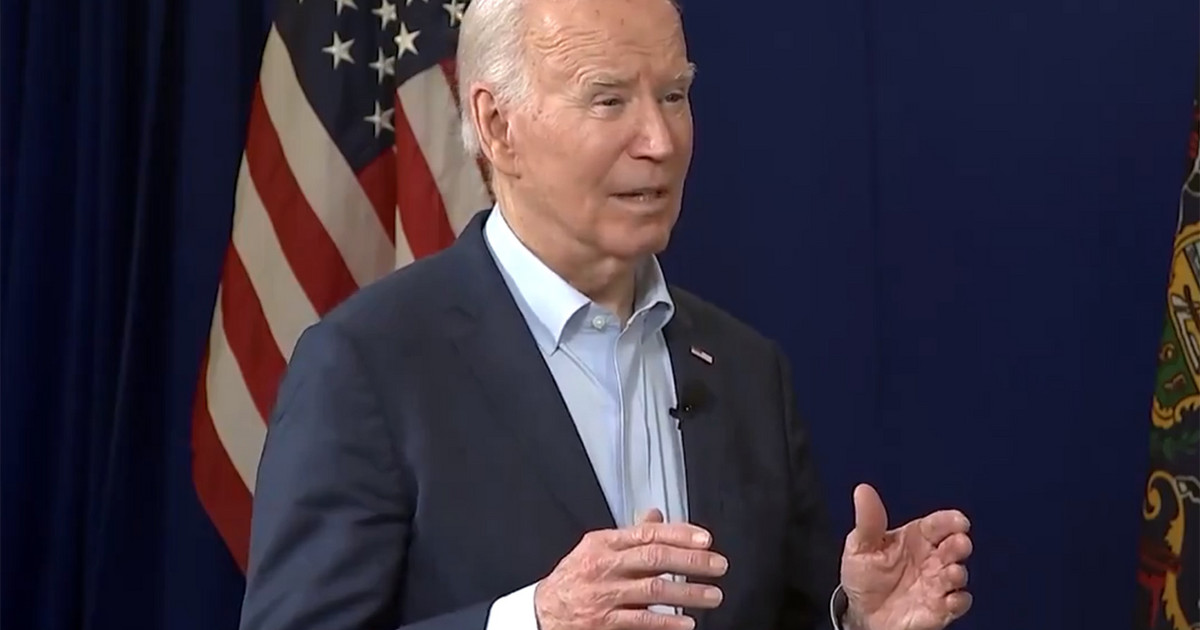Documents obtained by CNN in the National Archives show that the repression apparatus of the military dictatorship monitored, throughout the country, demonstrations organized to mark May 13, 1984, the day that marks the abolition of slavery. A document from the National Information Service (SNI) – an agency created by the regime to collect information and the repression’s intelligence arm – shows that, in that year, there was concern about the articulations of black movements and the notes on the continuity of racial and racial discrimination. inequality in the country.
In a letter sent to the states, the SNI determined that the events scheduled for May 13, 1984 throughout the country be accompanied “with emphasis on sponsoring entities, main pronouncements, support from different segments of society, participation of subversive organizations, banners and posters, etc.
The report managed to locate responses from at least four states to the SNI’s request for monitoring of May 13. The documents include, for example, the description of all the participants of the events that marked the date, with a description and brief analysis of the content of their speeches.
The states reported the holding of several events that discussed the social situation of blacks in Brazilian society and the limits of thinking about the Lei Áurea, which abolished slavery and was signed in 1888, as a milestone in the liberation of black people. In the report sent by the Minas Gerais agency, for example, the SNI is informed that “issues related to “the large number of illiterates among blacks, police repression suffered by them and the attempt to destroy black culture through commercialization” were discussed. .
São Paulo, on the other hand, sent a report to the SNI in which it reported that the demonstrations in the state considered May 13 a “decoy, since the extinction of forced labor left blacks living in an even worse and marginal situation, which continues today” . The state also warned of the association between black movements and demands for direct elections for the Presidency of the Republic – in April 1984, the largest demonstration of the Diretas Já movement was held in São Paulo.
For historian Lucas Pedretti, author of the book “Dançando na Mira da Dictatorship: Soul Balls and Violence Against the Black Population in the 1970s”, it is necessary to understand the request for monitoring the 13th of May from the understanding of the Armed Forces of the history of the parents. “The doctrine is of belief in the myth of racial democracy, as if Brazil did not have racism. This was central to the dictatorship, and from the 1970s onwards, the Black Movement was reborn and began to question this in Brazil”.
For Pedretti, questioning the leading role of Princess Isabel – who signed the Lei Áurea – and the exaltation of black figures who fought for abolition were considered “subversive” by the military dictatorship. “And that is why from the moment that black identity begins to be celebrated that the repression of the movement to question national heroes begins to gain more attention and be more repressed”.
THE CNN contacted the Ministry of Defense and awaits a return.
Source: CNN Brasil






